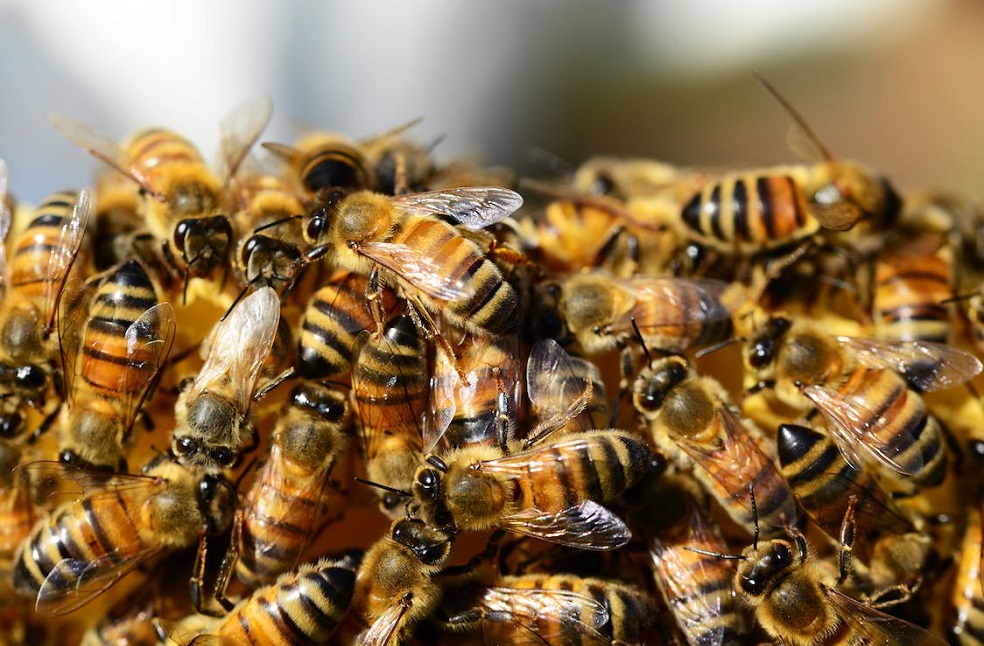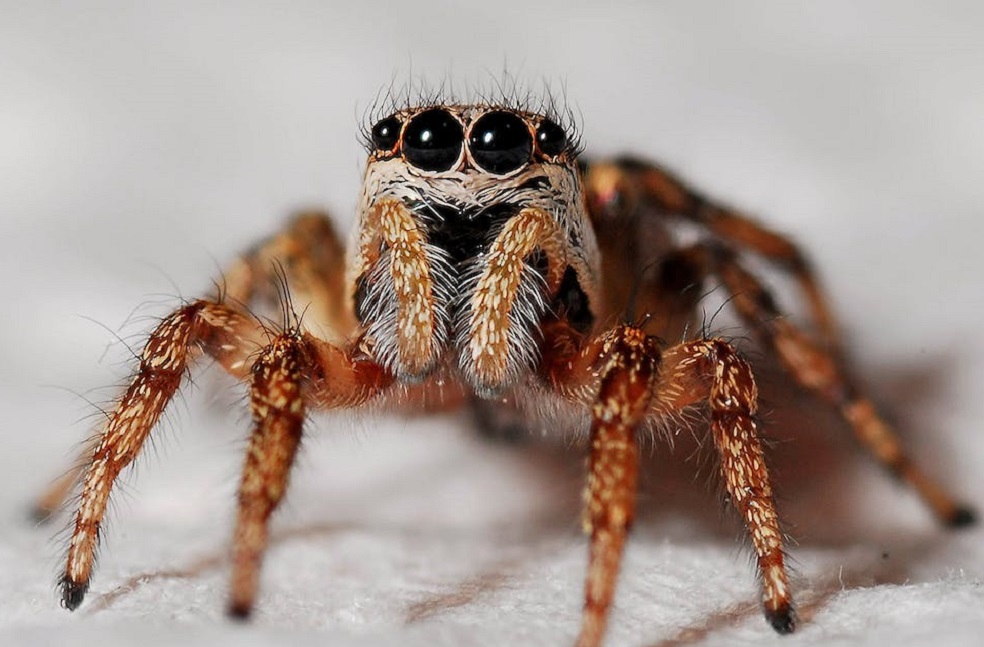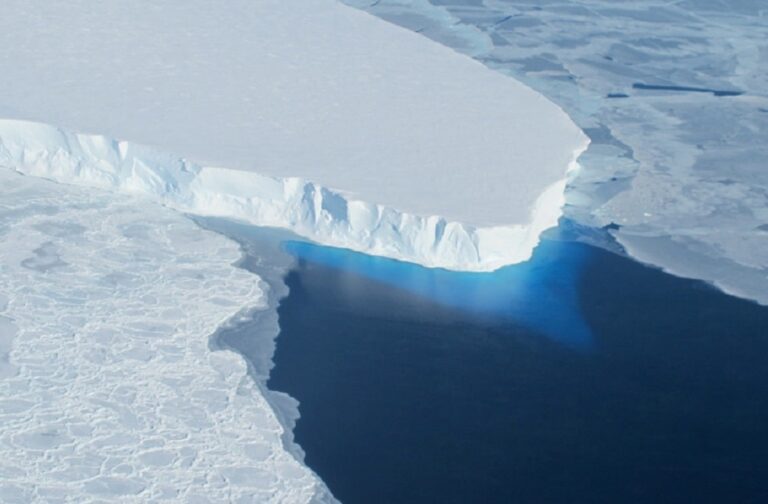Europe: A new study has found that invertebrates that live in the cool meltwater rivers of the European Alps could lose their habitat and face extinction due to the rapid melting of the mountain range’s glaciers caused by climate change. These animals are often overlooked but play a crucial role in alpine ecosystems.
The researchers examined data from 30 years of studies on the melting rate of the Alps’ glaciers and how this impacts river flows over time. They focused on how past changes have affected 15 species of invertebrates, including midges and stoneflies, that are adapted to living in these waters.

As the Alps’ glacier cover decreases due to global warming, the rivers will become drier and flow slower, sometimes disappearing. The water will also become warmer as it will no longer be chilled by melting ice, making it inhospitable to invertebrates that have evolved to thrive in cold, unstable, and nutrient-poor conditions. The study predicts that most of the species will experience population drops, and some, including the stonefly Rhabdiopteryx and three species of non-biting midges, will face the risk of extinction in the Alps.
Mr. Lee Brown, a professor of aquatic science at the University of Leeds and one of the study’s lead authors, warns that the habitat for these specialist species is shrinking rapidly.
“The models suggest that some species may be able to find refuge in areas where the climate is less hostile for them. There might be little pockets of ice that remain in some of the really high parts of the Alps where the species can hang on,” Mr. Brown noted.

Mr. Dean Jacobsen, an associate professor of freshwater biology at the University of Copenhagen who was not involved in the study, commented that “these small animals represent unique biodiversity and genetic diversity. They are often overlooked because they are small and not particularly charismatic. But they form part of food webs and conduct vital ecosystem processes like organic matter breakdown and transformation. They are also food for fish, birds, and mammals in water and on land.”
According to Jacobsen, the broader ecological consequences are difficult to foresee if the species are lost or replaced by other species. The calculations do not take into account that the environmental requirements of species may change over time and that they may adapt to new conditions.



